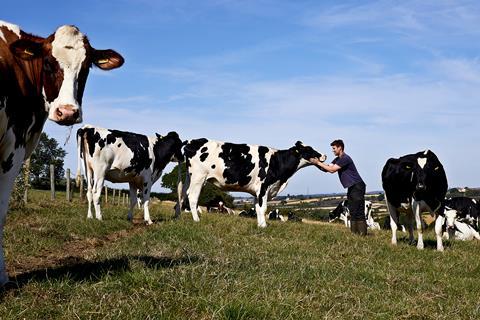
More than a tenth of Arla’s UK farmers are considering leaving the sector because of its ongoing staffing issues, the dairy co-op has revealed.
Some 11.8% said they were weighing up their future in the sector, in a poll of 602 Arla farmers conducted by the dairy giant in March.
And 5.5% said they had reduced output – including cutting the number of milkings. A further 9% said they had cut the size of their herd.
Staffing issues emerged as the key pressure. As many as 57.7% said they were finding it harder to recruit compared to 2019 – before the pandemic and the end of free movement of people to and from the EU.
Young people also had a limited understanding of what modern farming involves, with the fact more than half (54.8%) of farmers said the few or no applicants for their jobs had the right skills, demonstrated there was “an acute need to educate, inform and upskill in this area”.
This came despite 22% of farmers saying they had increased pay by almost a quarter on average since 2019. Six in 10 believed this pressure would continue over the next 12 months.
This had “obvious implications” for food prices and food security, Arla warned.
As a result, Arla has laid out a four-point plan for government to “urgently” address farming labour shortages and “future-proof” British dairy production.
Is British farming facing an existential crisis?
It is calling for careers’ advisors in Job Centres and schools to be better educated “so they understand and can explain to potential recruits that food and farming is now high tech, data-driven and at the frontline when it comes to sustainability”, the dairy co-op said.
The supplier also wants government to work with industry on a co-ordinated marketing campaign targeted at potential recruits, their friends and their parents “to explain what a modern career in food and farming looks like”, building on work already undertaken by Arla, the NFU, and others.
Additionally, Arla is calling for new ways to fund transport costs for school visits to farms, “since this can be a real blockage to allowing pupils to learn about the sector in practice”, it said.
Finally, the supplier urged the government to create “clearer pathways” into farming via T-Levels and apprenticeships, “and for these to be properly resourced, provide good on-farm training, involve the industry, and be aimed not just at people who are already on farms”.
The past twelve months had been “incredibly challenging for our farmer owners, as events like the war in Ukraine have driven up the cost of producing milk to levels we have never seen before”, said Arla director of agriculture Paul Savage.
“The shortage of staff in the food and farming sector has compounded this and we are at serious risk of continued food price inflation and longer-term food security issues if we don’t tackle this now,” he added.
NFU data puts farmer confidence at lowest since before Covid
“One of the biggest challenges we face is recruiting people into the industry. A big issue is that the preconceptions people have about dairy farming are very different to the reality. That’s why we have started a campaign to highlight how farming has changed,” Savage pointed out.
Arla had also “begun to signpost our farmers towards advice from the Institute for Agriculture and Horticulture” and would be “doing a lot more”, he stressed.
But it also needed government “to join in via a public marketing campaign celebrating agricultural careers as well as improved career advice in schools and Job Centres”.
Arla farmer Harry Davies said: “I’ve seen first-hand the problems that a shortage of staff in our industry is creating and the pressure this puts on our production costs is only going to get worse.
“We need more people coming into dairy farming with the right skills and education. A career in dairy farming is extremely rewarding with our role in feeding the nation and playing our part in reducing emissions and caring for the land around us. But we can’t educate people about this on our own and really need more support to help us reach schools, career advisors and other influencers to change perceptions of farming as a career of choice.”







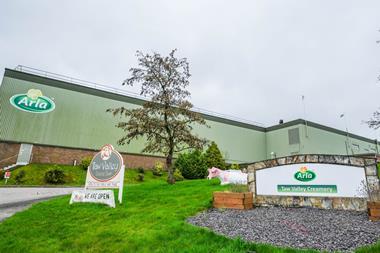
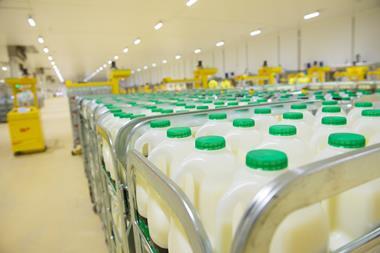

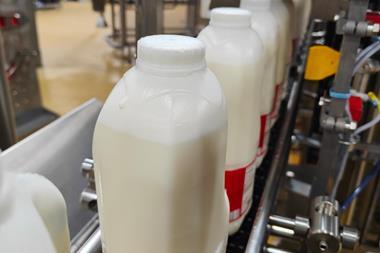
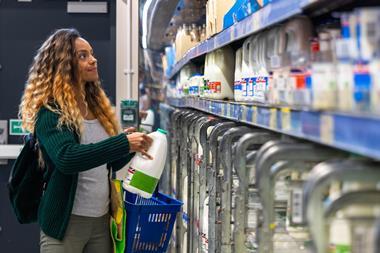
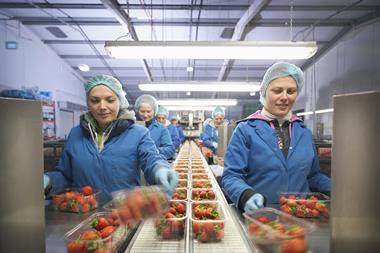






No comments yet